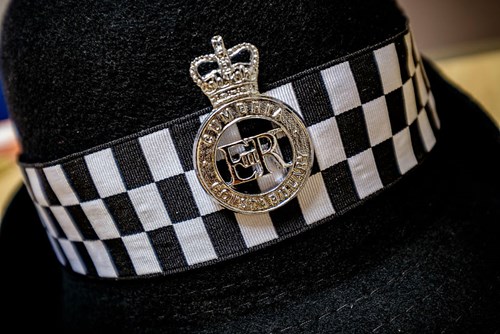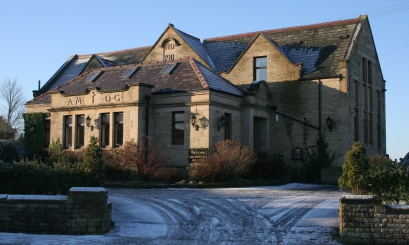Cumbria police officer speaks out about frustrations of policing protests at PFEW conference
14 June 2021

There is a growing frustration among front line police officers that bosses are more concerned about “how it looks to have officers in riot kit, rather than the safety of the officers”.
That was one of the messages heard at a session on “policing protests” at this year’s Police Federation of England and Wales Virtual Conference.
The Conference heard from Sgt Nikki O’Malley, of the Metropolitan Police, (pictured) who was left bloodied after being attacked at an anti-lockdown protest in Hyde Park earlier this year.
Sgt O’Malley said it was "exhausting" trying to keep up with the legal changes imposed by Government during the Covid-19 pandemic.
She told conference: “Some of my colleagues have lost family members to Covid and were being attacked over people having to wear a mask. That was tough. Some officers had sick family members at home.”
Speaking about Hyde Park, she said: "We were attacked. We had no public order kit. There was lot of questions about why we were not kitted up."
PFEW Chairman John Apter said there is a growing frustration among colleagues that bosses are more concerned about “how it looks to have officers in riot kit, rather than the safety of the officers”. He said: “I will always fall on the side of the safety of colleagues."
Sgt O’Malley said the public need to be educated so they know that when they see public order kit, there isn't necessarily going to be a riot.
The Conference also heard from CC Andy Marsh, of Avon and Somerset Constabulary, who said when the public are able to see the bravery of police officers and what they encountered during the Bristol ‘protests’ – when officers were attacked and a police vehicle was set alight - their jaws will be on the table with gratitude.
Insp Kim Brown, a Bronze Commander in Cumbria, also contributed to the session, to say officers are likely to be deterred from public order policing unless more pre-emptive work is done to educate the public that officers in public order kit, does not indicate there will be conflict.
CC Marsh said there had to be a distinction between legitimate democratic protest and criminal actions.
"There is a right way to protest...,” said CC Marsh. “Attacking police officers and trying to burn police vehicles is not the right way to protest... that's criminality."
CC Marsh said that rather than this year’s events in Bristol put off colleagues from wanting to be public order trained, "we have seen an increase in people volunteering for Level 2 work".



















